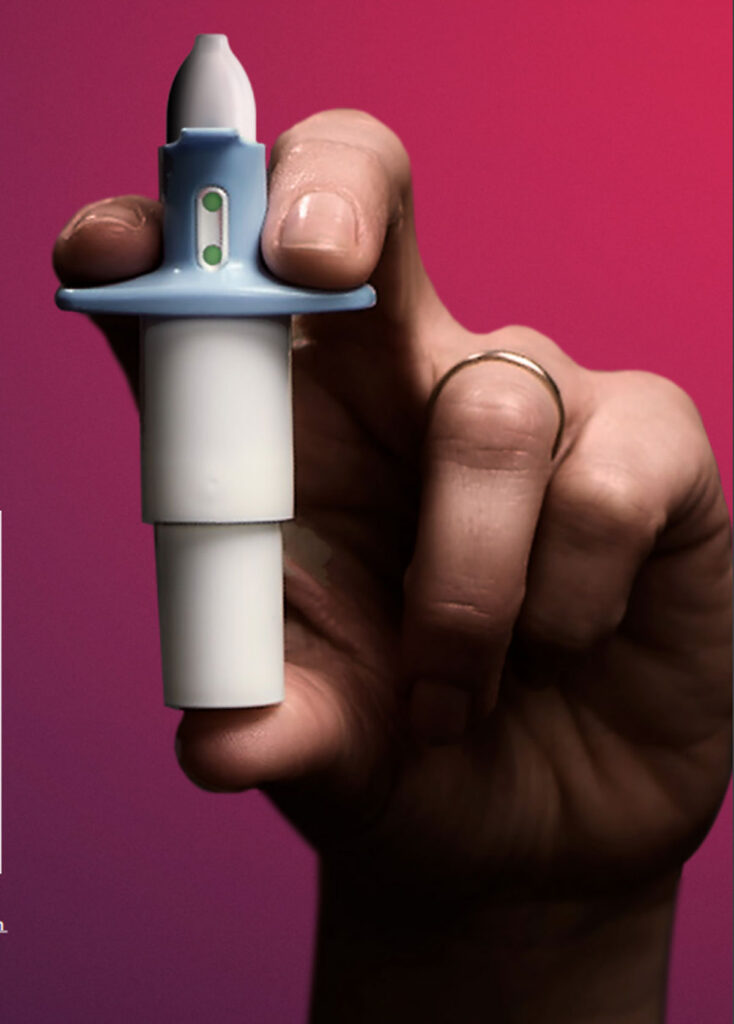How Long Does It Take For Esketamine To Work For Depression?

In the evolving landscape of psychiatric care, innovative treatments emerge, offering hope to those who grapple with depression. Esketamine for depression is one such novel treatment that has gained attention in recent years, especially for its potential to address treatment-resistant depression. As with any new treatment modality, individuals, caregivers, and clinicians often wonder about its efficacy and the duration required to witness discernible results.
Understanding Esketamine
Esketamine is a derivative of ketamine, an anesthetic drug that has been in use since the 1960s. Esketamine, specifically, has shown promise as an antidepressant, primarily due to its rapid action on the brain’s neurotransmitters. Unlike traditional antidepressants, which may target serotonin or norepinephrine, esketamine impacts the glutamate system, offering a different approach to mood regulation.
The Onset of Effects
One of the most captivating aspects of esketamine for depression is its potential for swift action. Traditional antidepressants can sometimes take weeks to show significant effects, leaving patients in prolonged distress. Esketamine, on the other hand, has been shown in some studies to provide relief within hours to days after administration. This rapid response is especially vital for individuals with severe, treatment-resistant depression or those at risk of self-harm, as it can provide immediate relief during acute crises.
A Tailored Treatment Approach
The exact duration for esketamine to take effect can vary from one individual to another. Factors such as metabolism, the severity of depression, concurrent medications, and overall health can influence how quickly one might experience relief. Thus, psychiatric services often approach esketamine treatment with a tailored mindset, adjusting dosages and frequencies based on individual responses and needs.
Duration and Longevity of Effects
While the initial effects of esketamine can be rapid, understanding its longevity is equally crucial. Some patients might experience extended periods of relief after a single dose, while others may require regular administrations to maintain their improved mood state. Periodic assessments and consultations with psychiatric professionals are essential to ensure the treatment remains effective and side effects are appropriately managed.
Possible Side Effects
Like all medical treatments, esketamine is not without potential side effects. Some individuals might experience dissociation, increased blood pressure, or dizziness following administration. The rapid onset of the drug’s effects might also mean a quicker manifestation of side effects. However, due to its administration in a controlled setting, healthcare professionals can swiftly address any adverse reactions, ensuring patient safety.
A Consideration for Treatment-Resistant Depression
One of esketamine’s most promising applications lies in its potential to address treatment-resistant depression, where individuals don’t respond to standard antidepressants. For these individuals, waiting weeks to determine the efficacy of a new medication can be agonizing. Esketamine, with its rapid action, offers an alternative route, providing hope where other treatments might have fallen short.
Esketamine in Perspective: A Beacon of Rapid Relief
Navigating the myriad options available for depression treatment can be daunting. Esketamine for depression presents a cutting-edge alternative, especially lauded for its quick onset of action. While it might not be a one-size-fits-all solution, its potential, especially for those with treatment-resistant depression, cannot be ignored. As always, open conversations with psychiatric professionals are vital in determining the best therapeutic pathway, ensuring optimal outcomes and well-being.

